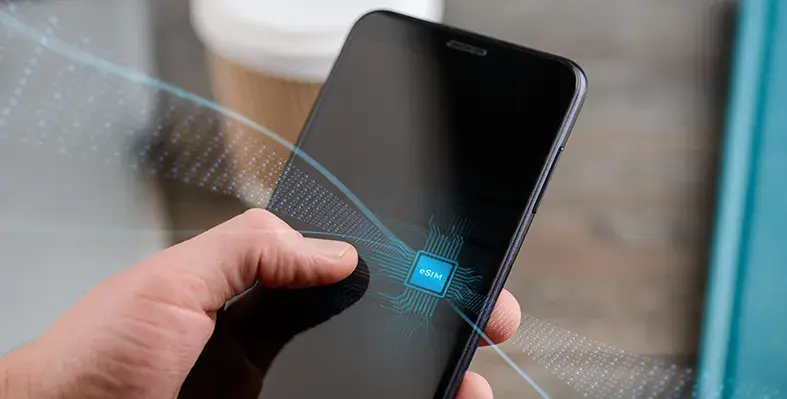MTN has taken a major step towards reducing plastic waste across its operations by introducing a biodegradable alternative to traditional SIM cards
In 2024, the telecom giant began rolling out bioSIMs—SIM cards made entirely from biodegradable, FSC-certified paper—in Rwanda, with expansion underway across other African markets.
Unlike conventional plastic SIM cards, bioSIMs decompose naturally, leaving behind no microplastics or harmful residue. The cards offer the same functionality as their plastic counterparts but are designed with long-term environmental impact in mind. With over 4.5 billion plastic SIM cards produced globally in 2020 alone, MTN's initiative presents a practical and scalable solution to an often overlooked source of telecom-related pollution.
The initiative comes as the continent braces for a significant increase in plastic waste. Sub-Saharan Africa’s annual plastic waste is expected to reach 116 million tonnes by 2060—a sixfold jump from 2019. MTN’s move is a response to both the waste crisis and the broader climate challenges that disproportionately affect Africa, despite the region contributing only 3–4% of global greenhouse gas emissions.
Alongside bioSIMs, MTN is also expanding the adoption of eSIMs, which eliminate the need for a physical card entirely. Together, these innovations support more sustainable choices for consumers and help cut tonnes of plastic from the telecom supply chain.
As World Environment Day 2025 calls for urgent action on plastic pollution, MTN’s bioSIM initiative underscores the role of design and innovation in building more responsible connectivity.






















